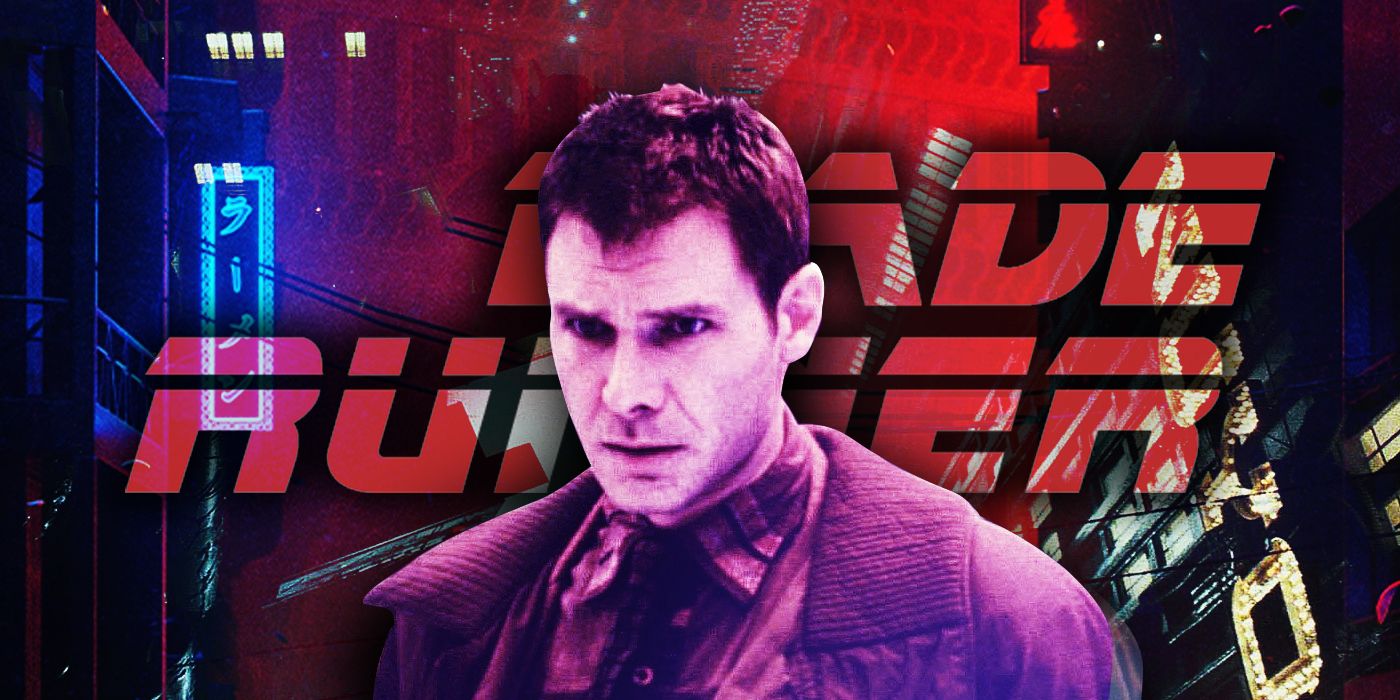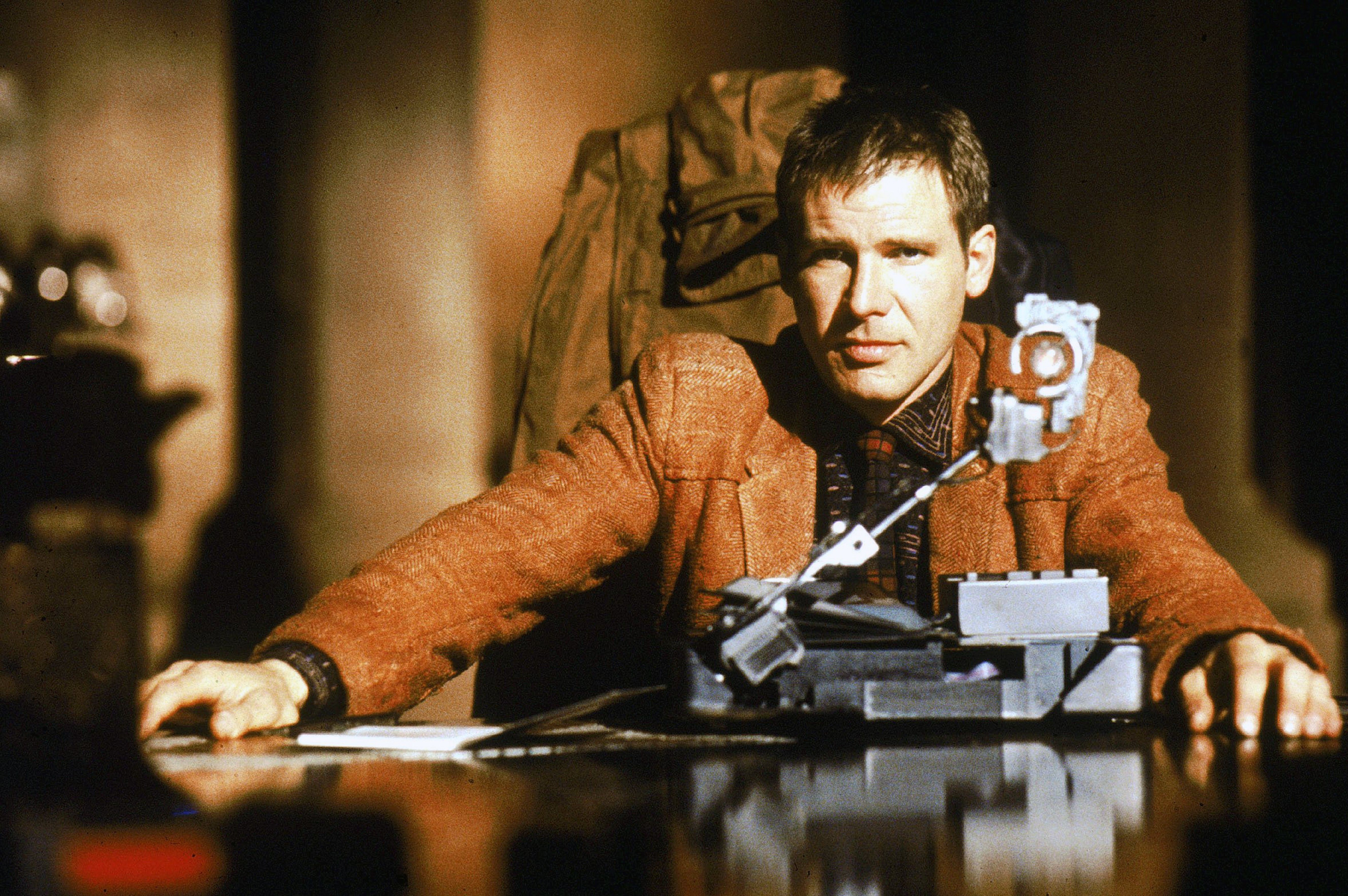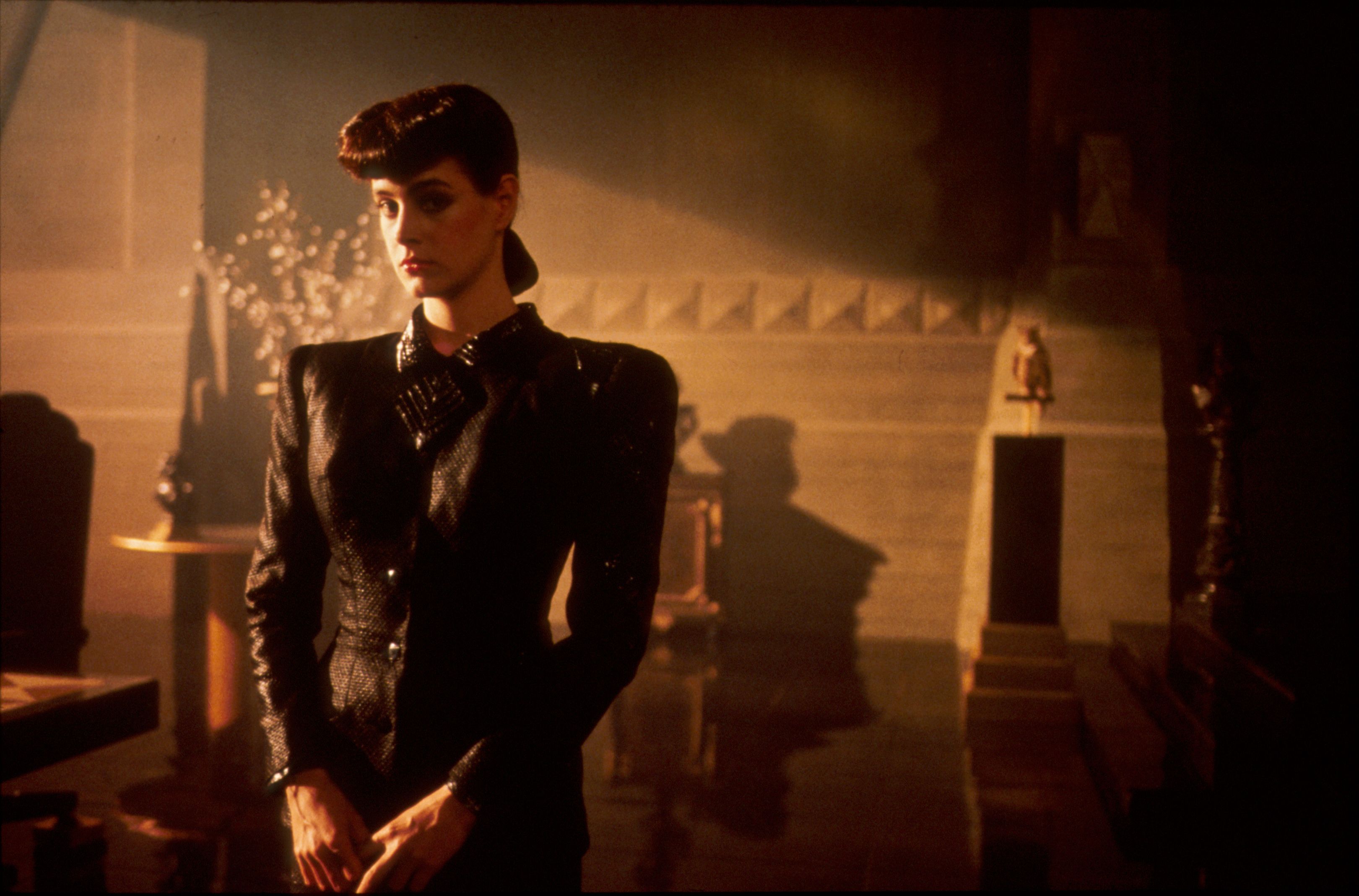The science-fiction film Blade Runner seemed to lean heavily towards the fiction half of the genre upon its release. Now in the year 2022, it doesn't seem like that far-fetched of a topic, despite the film taking place in the fictional dystopian year of 2019. While we have had to deal with a form of dystopia ourselves in the past few years, the film's dystopia focuses more on the prompt of utilizing synthetic humans labeled as replicants. Simply put, they're androids made to be almost identical to humans. The film was an adaptation of the novel Do Androids Dream of Electric Sheep, written by Phillip K. Dick in 1968. 40 years after the release of the seminal science fiction film, there's still something new to discover when it comes to Blade Runner. Taking that timeframe into consideration, it's clear to say that we have been pondering the moral choices and consequences that science and technology can offer us for many years, but what does Blade Runner have to say when it comes to the moral dilemma that happens when humans play God?
The biggest question that the film asks is what it means to be human, and if that definition can ever fit with something that is not an organically made human. In this instance, it's the synthetic replicants that ask that question. Throughout the movie, it is shown that replicants can be implanted with memories to believe that they are human, and from the replicant's perspective it is indistinguishable from actually being human. This is a terrifying thought, as it would mean that any replicant could be informed that their entire life was artificially implanted into them and that it is all fake. This also poses an issue because it means that, from one's own perspective, anyone could potentially be a replicant and not know it. Is the ability for a creature to have humanity simply gatekept by their ability to believe they are human?
The film uses the fictional Voight-Kampff test, used to invoke specific reactions from those taking it. The purpose of this test is to tell replicants apart from humans. You might be surprised to find out that the science behind the Voight-Kampff test is actually legitimate. The real-world equivalent is the International Affective Picture System. A cluster of images meant to evoke a reaction and measure a person's emotional response. The test tracks pupil dilation, heartrate, not too far off from the fictional test for replicants.
However, the CEO of the company that created the replicants, Eldon Tyrell (Joe Turkel), made Rachel (Sean Young), a replicant who genuinely believes she is human. While the test is usually 20-30 questions to tell the difference, it took the protagonist Deckard (Harrison Ford) over 100 questions to figure out that she was a replicant. This shows that replicants are beginning to become so similar to humans that only the most perceptive of individuals would be able to tell the difference. It was one thing to bioengineer a creature that behaves like a human, but to make one that is so deceptive that it even fools itself takes the technology further into the realms of moral ambiguity.
The ending of Blade Runner puts all of these moral questions into perspective. One of the replicants that Deckard was assigned to "retire" went by the name of Roy Batty (Rutger Hauer). This replicant is, narratively speaking, the main antagonist of the film. However, while Roy had gone on a journey that involved murdering the equivalent of his god, at the moment when he could have watched the man who killed his friends fall from a great height that would seal his fate, the replicant instead chose to save Deckard. Despite the hatred that Roy had for humanity, he grabbed onto Deckard and pulled him up, saving his life after stating how it's "quite an experience to live in fear...that's what it is to be a slave." Perhaps At this moment, seeing Deckard so helpless, Roy finally got to feel like the master instead of the slave.
Roy does not let Deckard die and instead tells him that he's "seen things you people wouldn't believe. Attack ships on fire off the shoulder of Orion. I watched C-beams glitter in the dark near the Tannhäuser Gate. All those moments will be lost in time, like tears in the rain. Time to die." Those are his final words before perishing, and it is how Roy shows Deckard that, despite being a replicant, he has memories that will fade just like any human would. Even if he was not a human because of the way he was made, he was human in the way that he lived and died. It didn't matter to Roy that he wasn't technically a human, because he felt humanity through the way he lived, through all the emotions that humans feel and express throughout their lifetimes. Pity, fear, hatred, love. Replicants showed these emotions just as well as any human, so did it matter that they were created artificially instead of being born?
Deckard doesn't seem to think so at the end of the movie, as the final scene depicts him running off with Rachel, the two of whom had developed feelings towards one another throughout the film's progression. Both of them know that Rachel is a replicant, but they do not let this fact get in the way of how they feel towards one another. And so, the film ends with the protagonist having changed their views on replicants, and their fates are left ambiguous.
Blade Runner, at its core, is a film about humanity as a whole. Part of the structure of the Voight-Kampff test relies on the emotional response of those taking the test with regard to animals, the likes of which have almost entirely been wiped out as a result of humanity's ignorance and selfishness. Thus, genuine living animals are very rare and seen as a precious commodity within the world. The entire setting of Blade Runner is a direct outcome of what the world might look like if humans became so focused on themselves that they lost sight of any other forms of life. This is exemplified when they go so far as to create new life themselves and then deny that life is living at all. This theme is explored further in the 2017 sequel Blade Runner 2049, where we learn about where Deckard and Rachael's relationship leads and the further evolution of the replicants.
The selfishness of humans to see themselves as the only life worth recognizing reflects a theme that is scarily similar to what we may see in our lives today. Animals continue to go extinct and lose their homes due to the interference of humans, and the ill-temper of a few people could cause devastating harm to life as a whole.
What the film hopes to have you take away from its ending is simply this: we as humans must not let the acknowledgment of our own lives take precedent over the lives of other living creatures, for if we ignore the life of nature then we shall surely mourn the death that we bring it, and should we ever dare to make ourselves gods then we must prepare to treat our creations as alive as we are. This message rings truer the more we recklessly destroy our planet and the closer we get to the development of self-aware artificial intelligence. Perhaps we will find ourselves in our own version of the Blade Runner universe not too long from now. Let us hope that we can accept the lessons that the film has to offer and never get to that reality.



